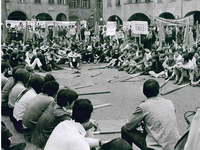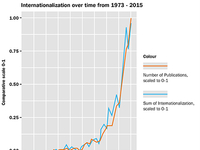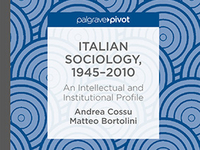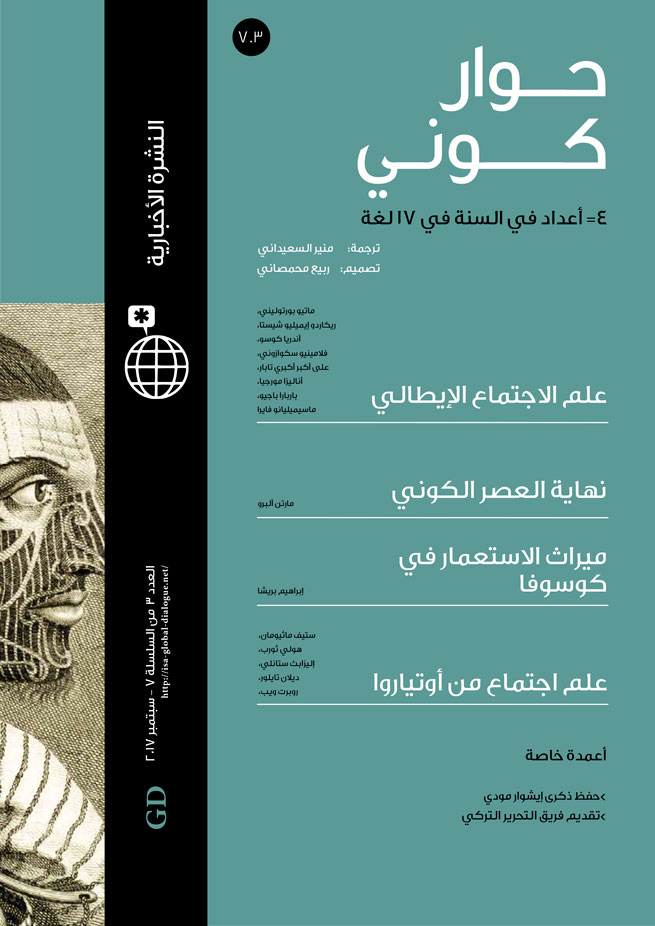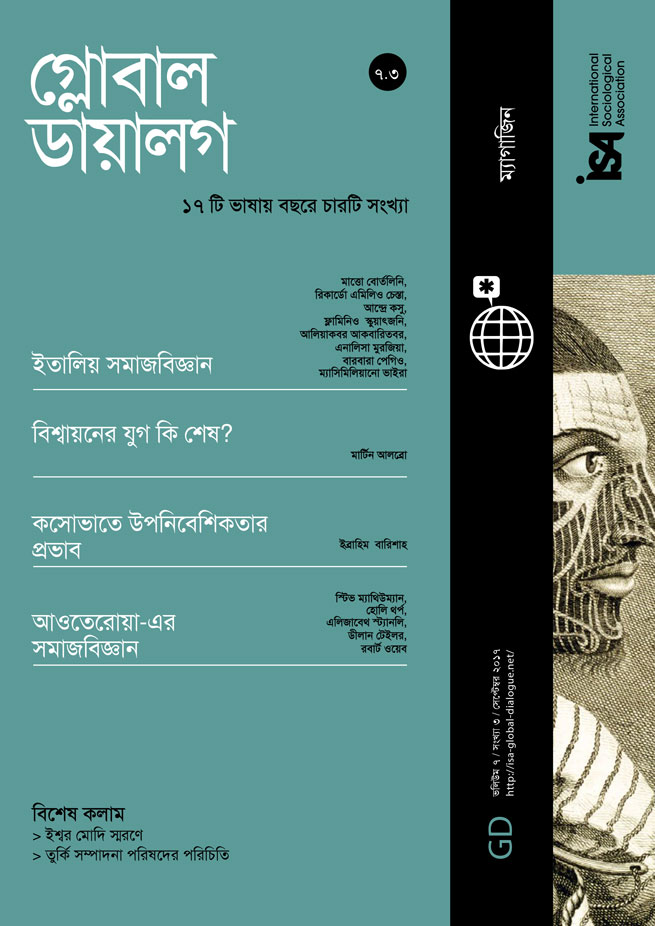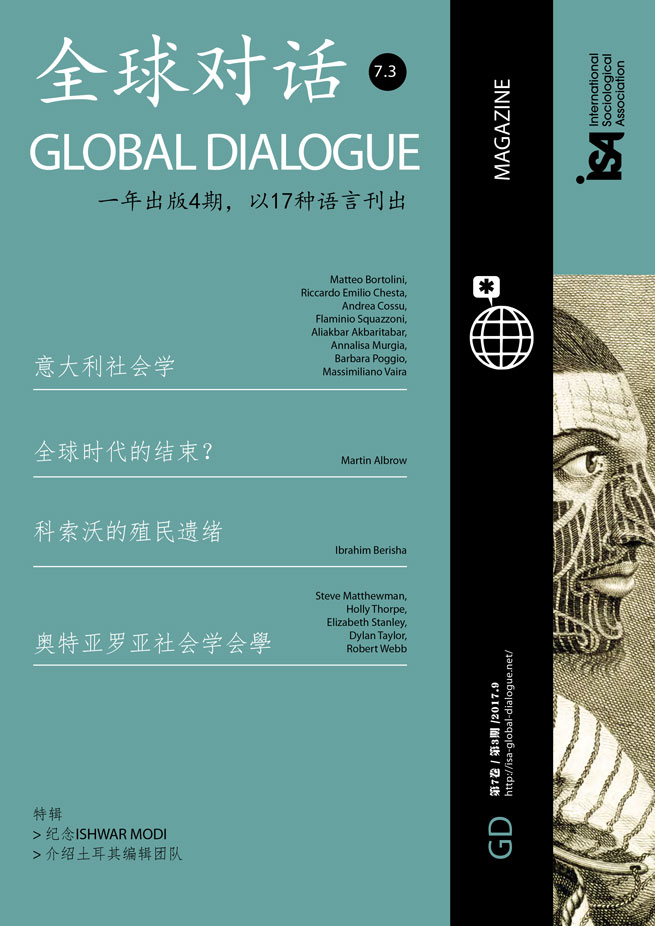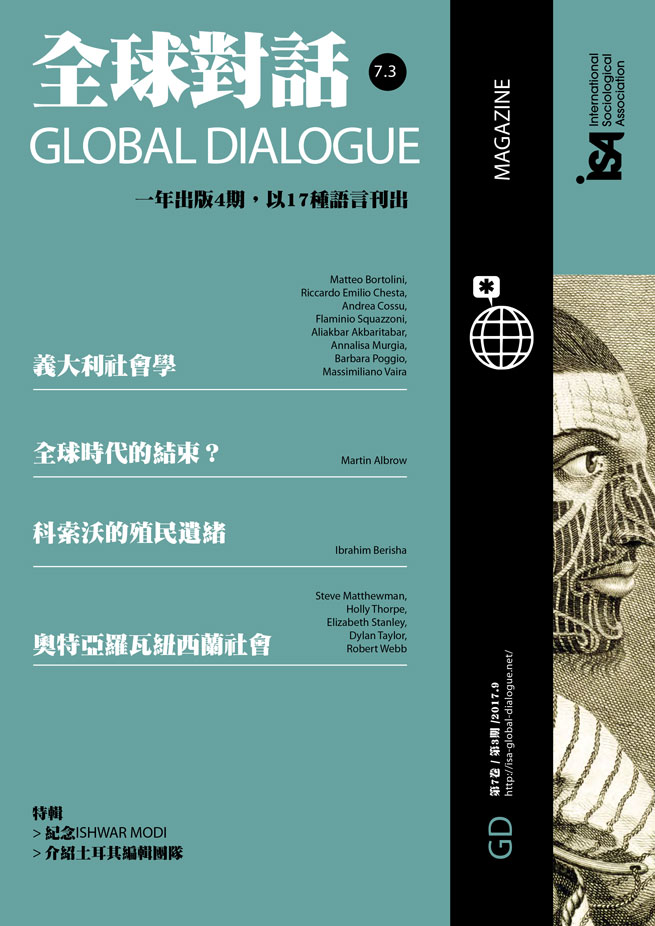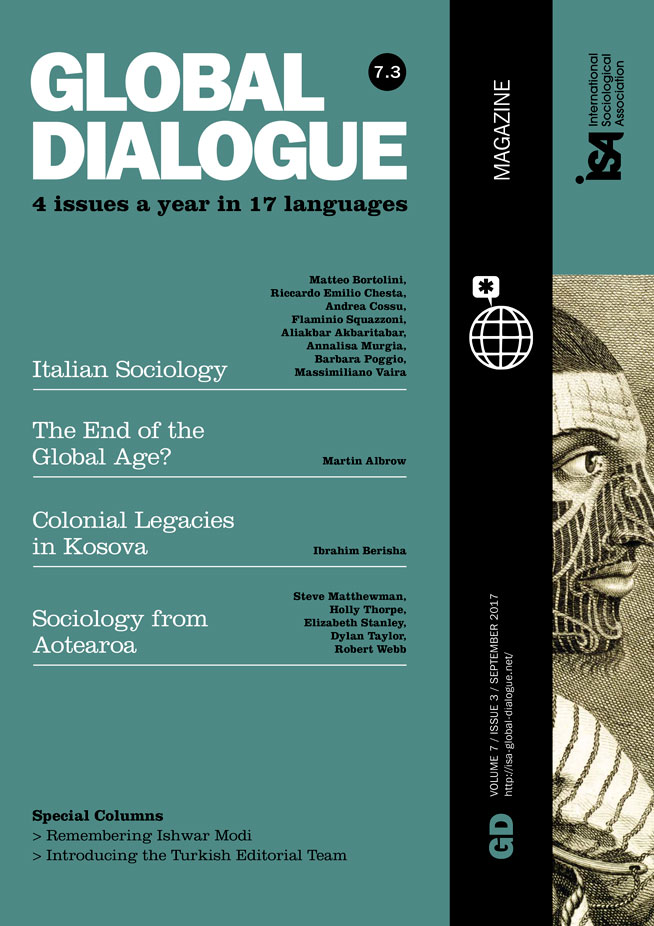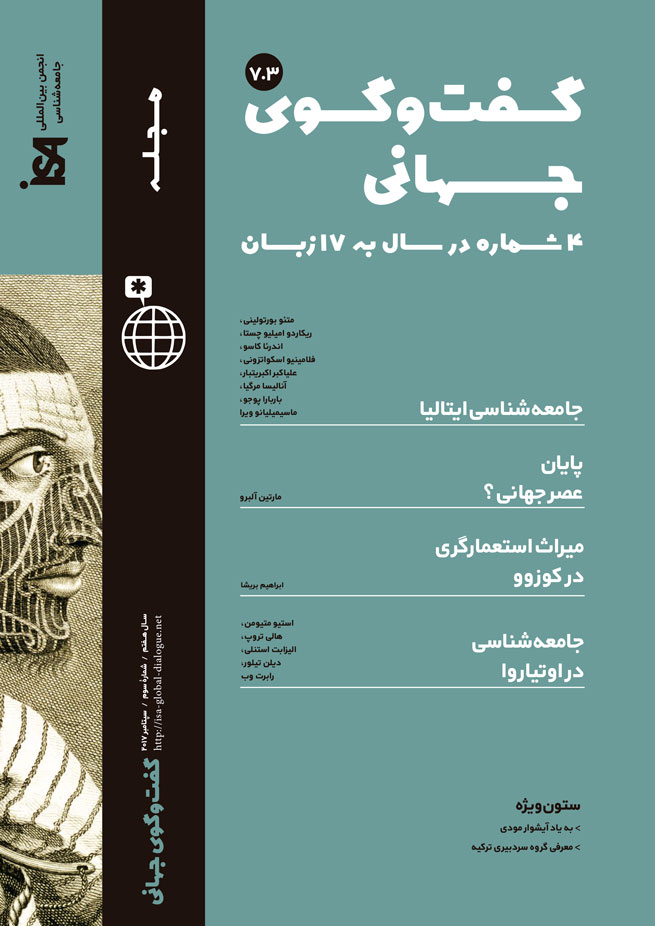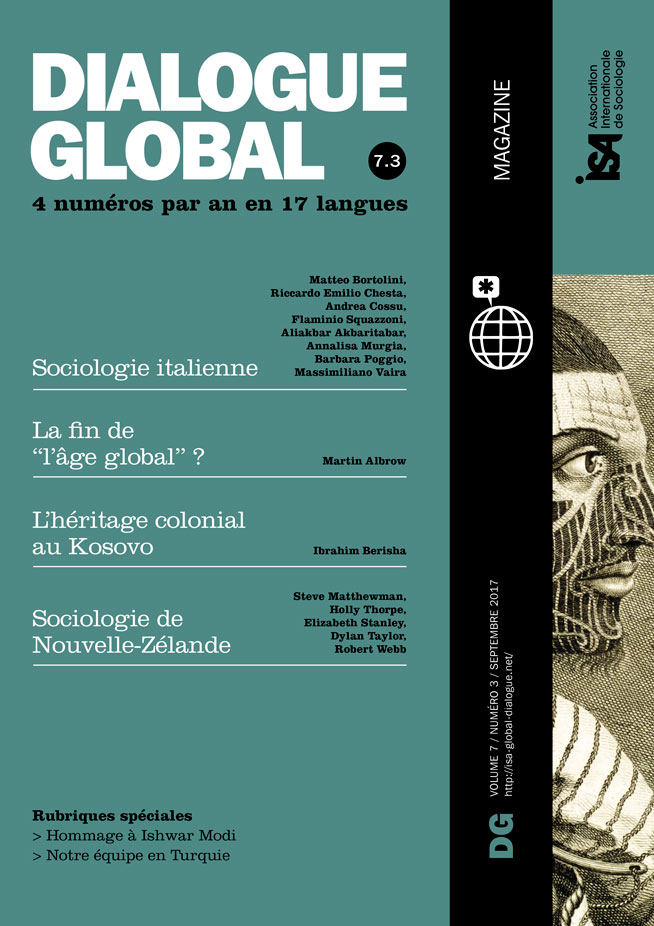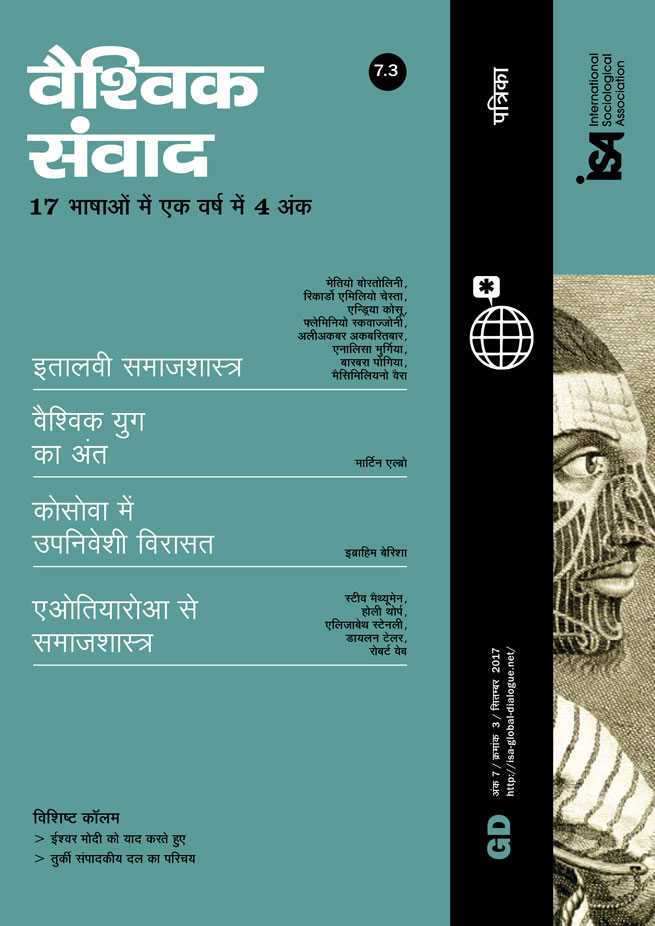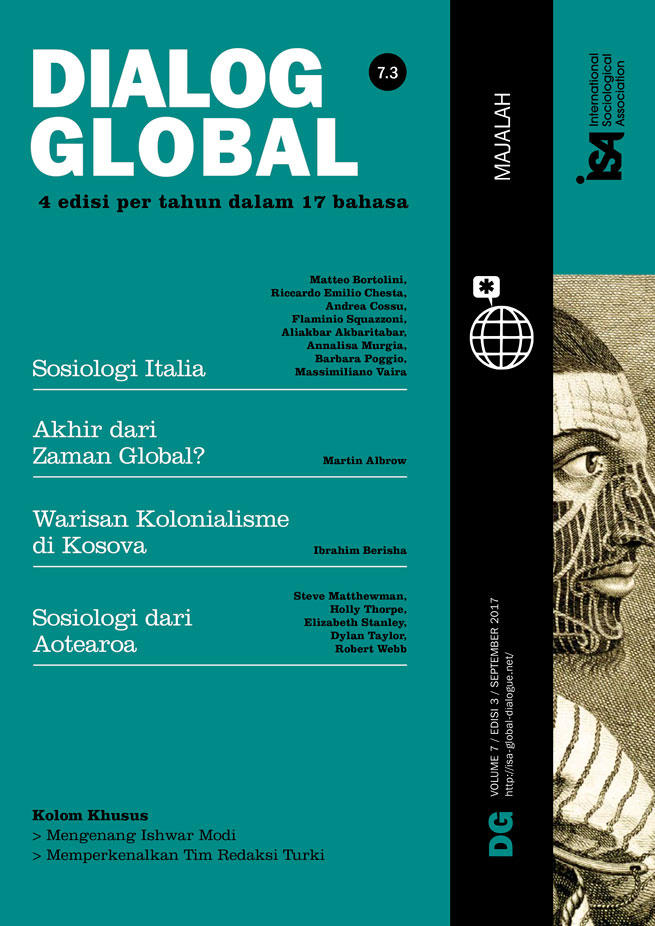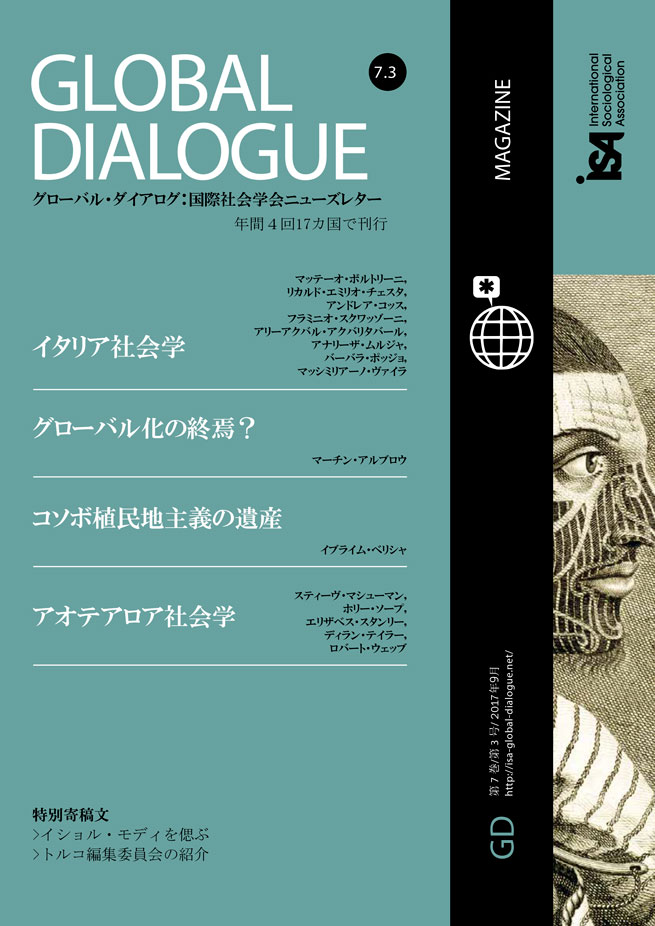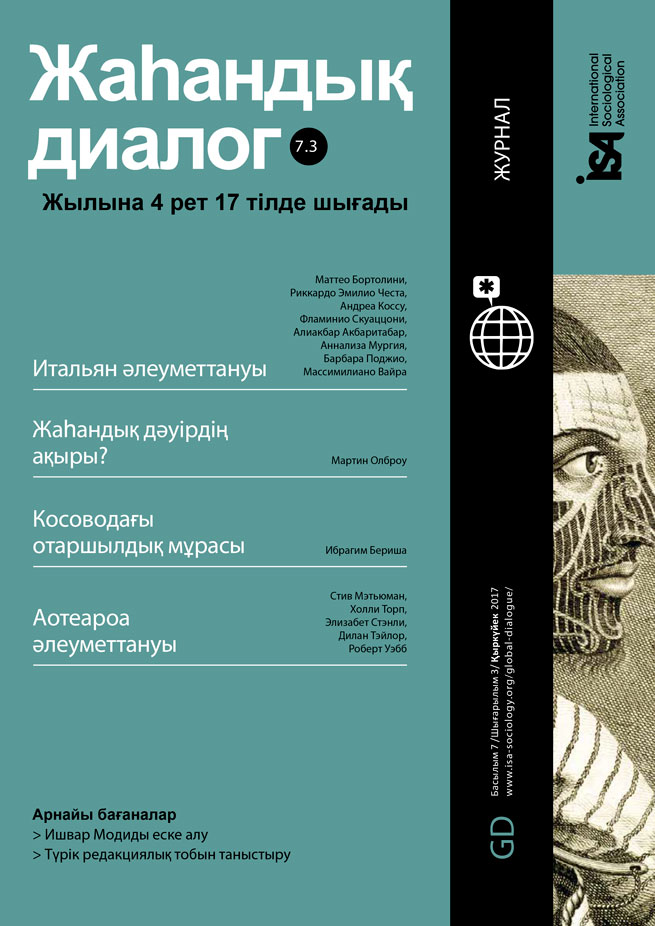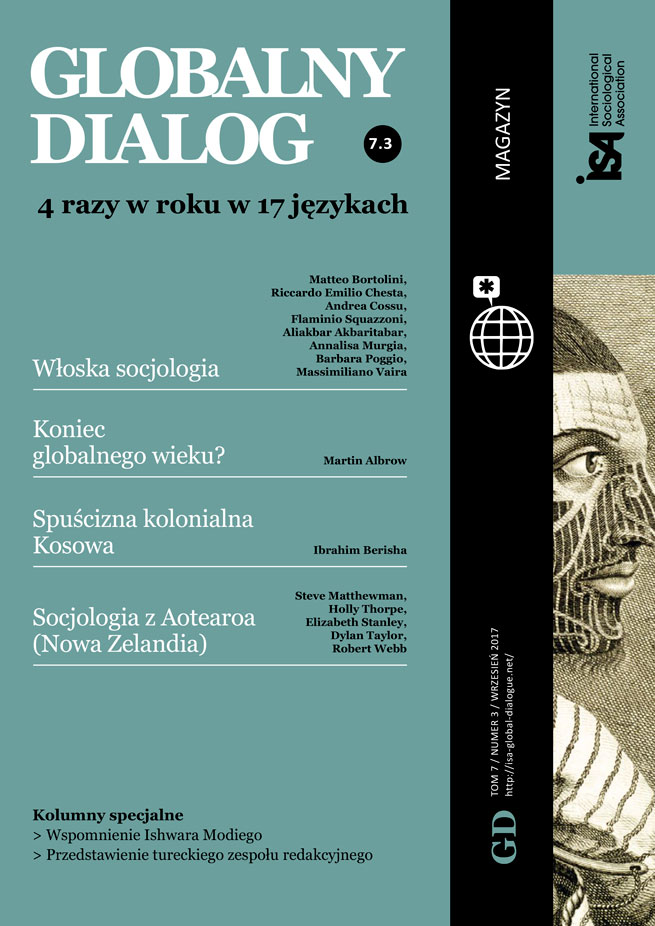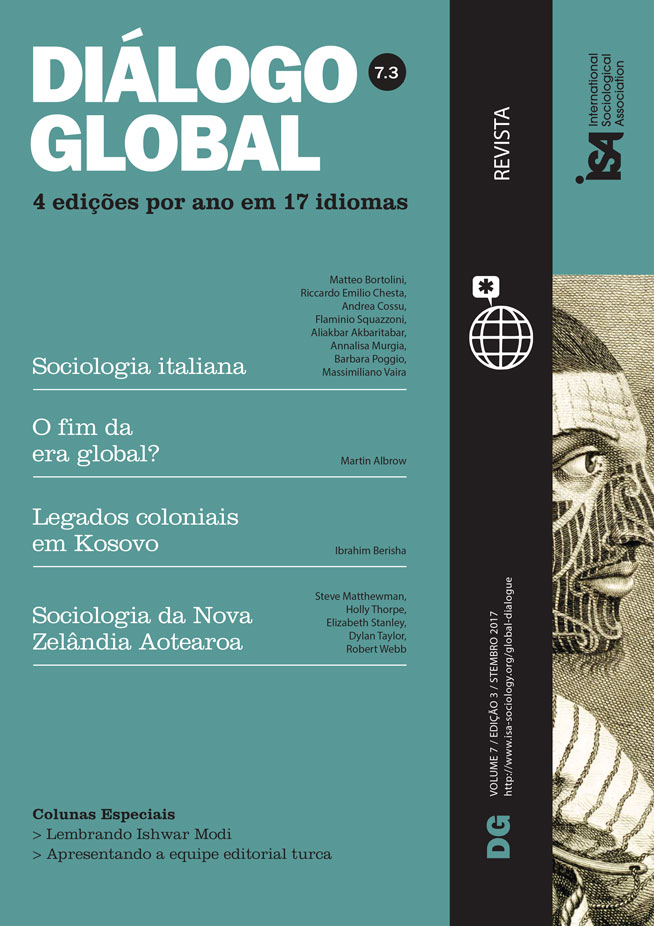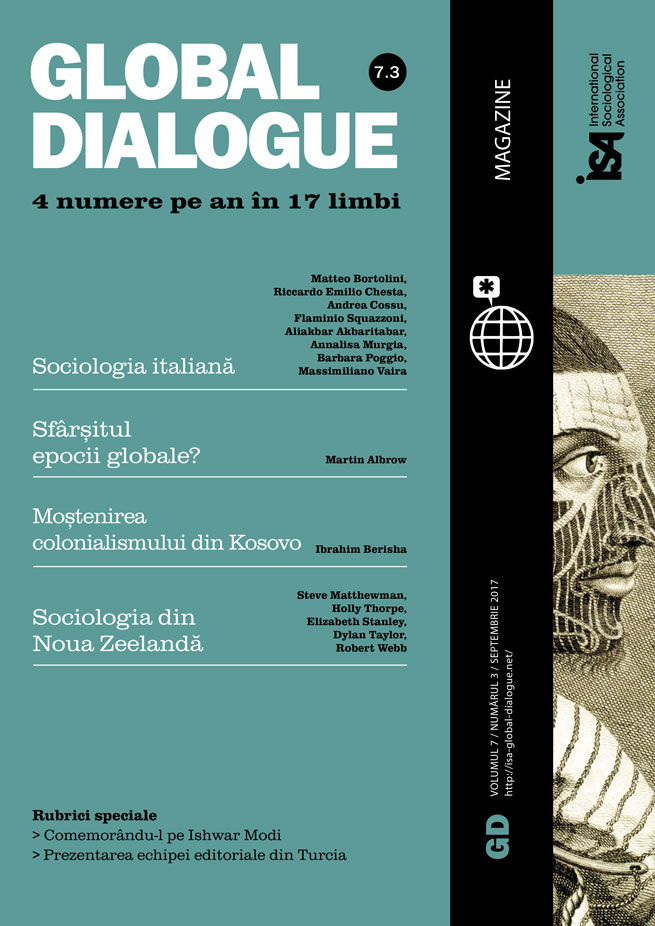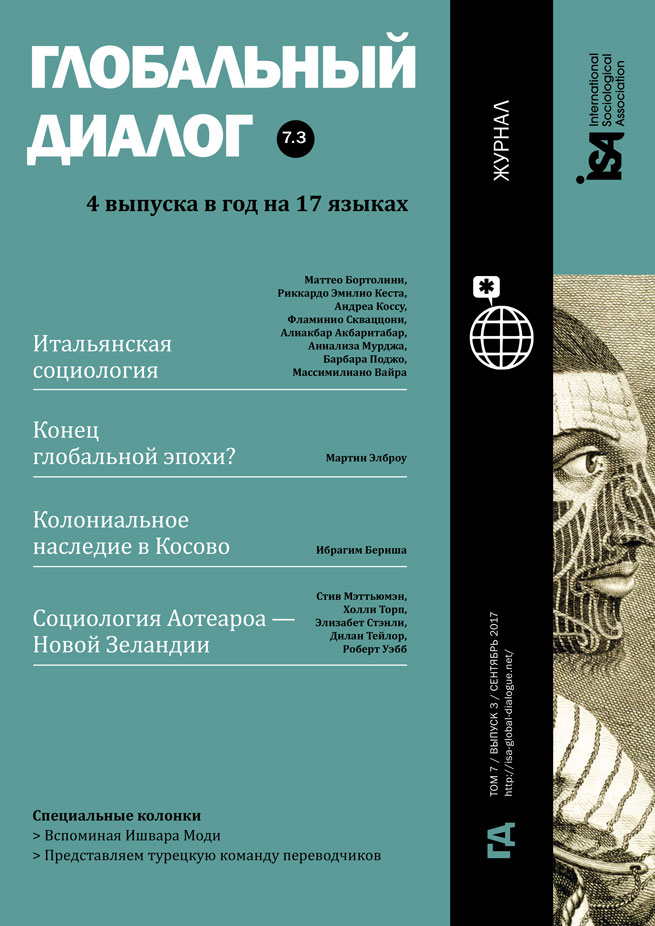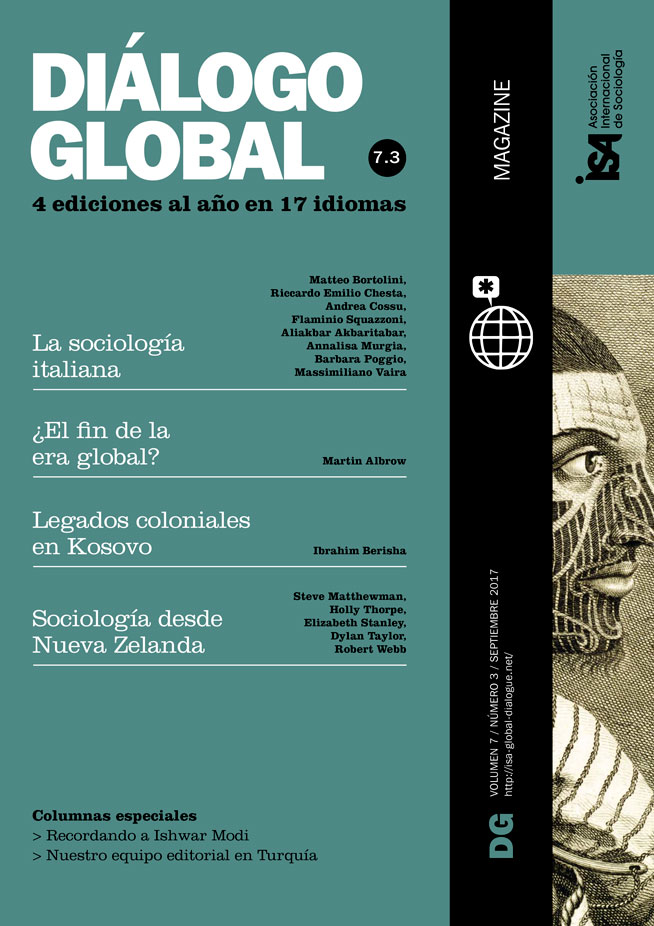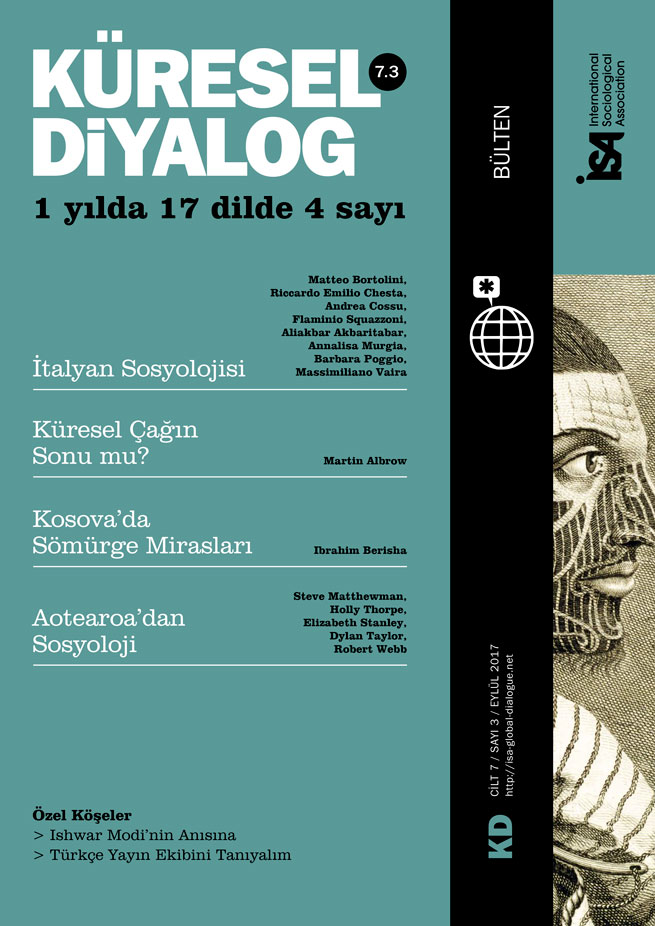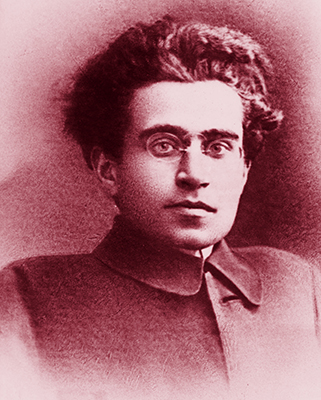In contemporary debates in the social sciences, critical sociology and Marxism are typically located in the same box. In fact, their relationship is hardly self-evident. The reconstruction of the discipline in Italy after the Second World War perfectly illustrates the struggle for the hegemony of the study of “the social” – and the inherently conflictual relations between sociology and Marxism.
It is not by chance that I use the concept of hegemony: the ambivalence on the part of Italian Marxists toward the social sciences can be traced back to Antonio Gramsci. From Gramsci’s philosophical background to his strategic conceptualization of intellectuals, and the way Gramsci’s work was used by the Italian Communist Party, many elements have contributed to the distance between Gramsci and postwar Italian sociology. In contrast to his wider appreciation by international social scientists, Gramsci is effectively a “stranger in his own land,” that is within the Italian field of social sciences.
Crypto-idealism in Gramsci’s Marxism
In building his theoretical framework, Gramsci confronted the paramount public intellectual of his time: Neapolitan philosopher Benedetto Croce, whose theoretical and political influence was dominant through the first half of the twentieth century. In fact, the most cited and discussed author in Gramsci’s Prison Notebooks is neither Marx nor Lenin, but Croce.
As a proponent of idealistic historicism, Croce denied the very existence of a “science of the social,” engaging in fine epistemological reasoning to affirm the primacy of law, and definitively rejecting the possibility that sociology could be a scientific discipline. Despite his awareness of the limits of Croce’s paradigm – primarily his refusal to view Marxism as a philosophy of history – Gramsci explicitly called for an “anti-Croce” to overcome the Idealist and Spiritualist hegemony in Italian culture. At the same time, the Prison Notebooks seriously engage the era’s main works of social science – albeit from a critical standpoint, somehow recognizing social sciences’ promise for a rigorous study of Italian society and politics.
Togliatti’ s Gramsci
To understand how and why Italian intellectuals in the 1950s adopted a crypto-idealistic interpretation of Gramsci’s work, we cannot simply focus on his writings. Instead, we must look at the context in which Gramsci’s main writings – left sketched and scattered in a Fascist prison at the time of his death in 1937 – were first published. The Prison Notebooks only appeared posthumously, in a version prepared by Gramsci’s old friend Palmiro Togliatti, the main leader of the Communist Party, together with the communist journalist Felice Platone. This first edition divided Gramsci’s work into several different volumes, published between 1948 (Historical Materialism and The Philosophy of Benedetto Croce) and 1949 (Intellectuals, Il Risorgimento and Notes on Machiavelli). Togliatti and Platone presented Gramsci as the main heir of the Italian cultural tradition, reconstructing an ideal intellectual lineage including De Sanctis, Spaventa, Labriola, Croce, and, finally, Gramsci. At the same time, a clear strategy of cultural hegemony was enacted through a peculiar “neo-Machiavellian” use of Gramsci’s analysis of mass party formation – or what Gramsci referred to as the “Modern Prince.”
This particular framing of the Marxist philosopher’s work had a double goal. First, Gramsci was connected to Croce and historical idealism – legitimizing the culture of the Communist Party among the dominant bourgeoisie. Second, his intellectual heritage had to be transformed to support the neo-Machiavellian direction of the historical movement, with Togliatti as the party’s leader, and the party as the main political actor leading the working class. Through this adaptation, Gramsci was presented as an advocate of representative democratic leadership for social movements, a progressive bourgeois philosopher rather than a scholar interested in subaltern cultures, and a historical idealist denying the value of the social sciences.
The missing link
During the 1950s Gramsci’s work became a key tool for a generation of intellectuals seeking to create a left-wing bourgeoisie while accusing the newborn social sciences of being a “tool of the bosses” imported from the USA to ideologically tame the working class. In fact, one of Italy’s main proponents of sociology was the entrepreneur Adriano Olivetti, who gathered and subsidized technical experts and intellectuals tied to the Socialist Party. Within his firm in Ivrea, Olivetti created a “department of social relations,” where young scholars might study influential American sociological works, and apply sociological tools to the study of industrial relations.
Communist intellectuals and leaders remained skeptical of Olivetti’s project of “community enterprise,” seeing it as an employers’ effort to prevent class conflict through technocratic philanthropism. In an article published in the official journal Il Contemporaneo in September 1955, the communist intellectual Fabrizio Onofri disparaged Olivetti’s cultural and political movement as a weird messianism, defining Olivetti as an Allah of sorts, and describing sociologist Franco Ferrarotti, his right-hand man, as Olivetti’s prophet Mohammed. In the 1950s official Gramsci-ism became both an idealist philosophy of history built on fixed theoretical assumptions lacking empirical tests, and a manual for Togliatti’s “progressive democracy,” a strategy aimed at winning gradual concessions for the working class within the Italian Republic’s democratic institutions.
An alternative reading of Gramsci opened up with the emergence of the new critical leftist groups of the Italian Communist Party (PCI) in the aftermath of two events. In 1955, internal union elections at the FIAT factory – one of the national centers for the working class movement – produced a shocking result: the CGIL, one of Italy’s main leftist unions and the PCI’s strongest factory-based ally, saw its share of the vote almost halved. A year later, the Soviet repression of protests in Budapest amplified latent grievances, producing a huge debate among left-wing intellectuals, many of whom abandoned the party.
However, when younger, engaged intellectuals (including the Quaderni Rossi group led by Raniero Panzieri) began challenging institutionalized Italian Marxism in the late 1950s, they turned to a militant form of sociological research – the “inchiesta operaia” (“working class inquiry”) – to criticize Togliatti’s interpretation of Gramsci. But this did not involve any real rediscovery of the theorist; in fact, it was only in 1967 that the Gramsci Institute prompted academic sociologists to explore Gramsci’s contribution, in a dialogue that nevertheless did not initiate a serious scientific program. And while the revolts of 1968 helped to renew critical sociology by importing works from the Frankfurt School, most academic sociologists shied away from critical theories in their attempt to professionalize. With the crisis of Marxism and macro-sociological theories at the end of the 1970s, Gramsci seemed to be just another object for the historiography of philosophy.
Here lies the paradox: at a crucial phase of their emergence and consolidation in Italy, neither academic nor public sociology were able to meet the “real Gramsci.” While in the rest of the world – from the US and the UK to Latin America and India – Gramsci’s theories provided crucial intellectual tools for social scientific research in cultural studies and subaltern group studies, and in political economy and international relations, in Italy his contributions were largely ignored, by academic and critical sociologists alike – a pattern which meant that the great Sardinian thinker became a global intellectual while largely remaining a “stranger in his own land.”
Riccardo Emilio Chesta, European University Institute, Fiesole, Italy <riccardo.chesta@eui.eu>
